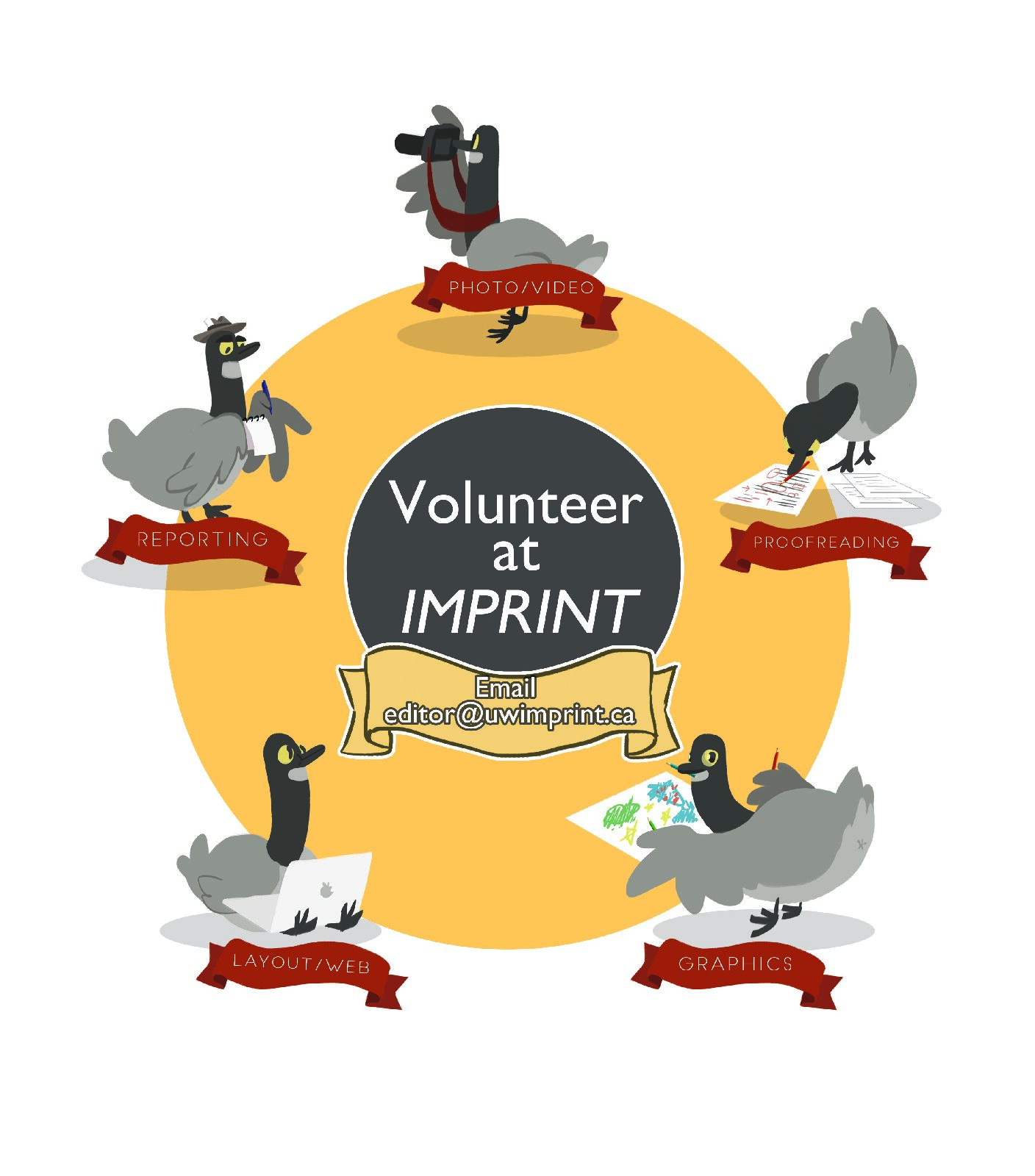The Wild Writers Literary Festival, held on Oct. 28–30, celebrated Canadian authors, many of whom have published stories in periodicals and magazines such as The New Yorker and New Quarterly.
The Wild Writers Literary Festival has been held in Waterloo since 2017, with this year being back in-person after two years online. In previous years the festival featured Canadian authors such as Pamela Mulloy, Elizabeth Hay and Michael Crummey. Each year, panelists share their individual writing and editing processes, including how they tackle character, plot and structure.
One panel, Making Mosaics: Understanding Short Stories, focused on what makes a worthy anthology. Kathy Friedman is a current professor at Humber College who published her short story collection, All the Shining People, with stories exploring immigration as a Jewish South African. Alexander MacLeod, a Scotiabank Giller Prize finalist, recently published his short story collection, Animal Person, which concerns the complexity of ordinary circumstances. Cynthia Flood, an award-winning novelist based in Vancouver, also provided insight into her best works.
The experiences the three panelists shared came together to create a new mosaic. How they perceive narrative structure, form and the editing process are simultaneously familiar and unique. A large chunk of the session surrounded the idea of making the ordinary artistic.
For Friedman, “The beautiful part about fiction is [the writer’s] take on things.” It becomes a process of opening up a narrative and illuminating the different perspectives on it. She imagines stories as the “before” and “after” of a big life event. In her specific case, the life situation is her immigration to Canada as a Jewish South African, when her most formative years were spent growing up in a country with unhealthy soil.
Flood argued that to make a good story, the writer must take the ordinary seriously. All panelists agree that it doesn’t take an extraordinary event to make an extraordinary narrative. When it comes to finding an event that fits your theme, it takes much less digging than first thought.
“[The idea] is right in your living room.” MacLeod said. “You create an object’s meaning — it’s not something that’s inherited.”
The sign and signifier is truly in the control of the writer. One change can cause a funny story to become sinister. MacLeod mentioned a story of a dental clinic that was situated two blocks from his house for 20 years. When he described the models of dentures that haunted their street during their family dog-walks, the crowd broke into giggles. But, as it turns out, the man owning the clinic was Gabriel Wortman, the same man who perpetuated Canada’s worst mass shooting. The room went quiet after that, all smiles gone once the story went ominous. MacLeod provided a perfect example of symbolic order and how the meaning of an event truly depends on the context, which is in the hands of the writer.
Friedman and Flood both provided plenty of insight into how narrative voice brings ordinary stories to life. A strong voice is what brings a story together, and sometimes the writer’s voice seeps in. Although it’s important to have distinct characters, a writer’s voice is ever-changing and adds layers to the characters. However, many authors worry that their own voice might cause repetition in character and plot of different stories. But the panelists reassured the audience by commenting on how malleable our “internal voice” can be in different situations and contexts.
“I don’t have the same voice when I talk to my mom, my boss, or my students.” Friedman advised. Her voice is not the same as when she sat down to write five years ago, nor will it be when she sits and writes five years from now.
Time was a defining theme in the session. MacLeod argues that his new collection does not necessarily make him a better writer, although when he looks back at his previous work he doesn’t cringe like many of us do. What he knew back then was different than what he knows now, and there remains appreciation for what he still has yet to find out.
What he does know, though, is that there will always be stories that won’t make it to the final collection, regardless of how many times he reads them over.
“Sometimes it’s not that you don’t work, but that it doesn’t work.”
A listener asked a peculiar question about what one does with these unfinished pieces. Is it possible to publish them, half-done, and let the reader finish the story how they see fit? It is a question that acknowledges the writer and their trust with the reader’s own perception of their work. The listener and panelists refer back to Michaelangelo and his last sculpture, Pietà Rondanini, left unfinished after his death yet still an artwork in and of itself.
“Insanity appeals,” MacLeod said in response.































